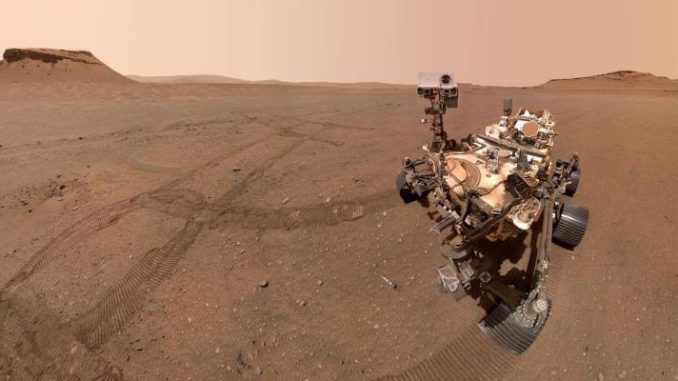
The Power of Artificial Intelligence
Artificial intelligence (AI) is at the forefront of this transformation. AI-powered systems are revolutionizing industries such as healthcare, transportation, and education. In medicine, AI algorithms analyze vast datasets to assist doctors in diagnosing diseases faster and more accurately. AI-driven chatbots provide mental health support, breaking barriers of accessibility.
Self-driving cars, powered by AI, are set to change how we commute, reducing traffic accidents and emissions while providing new mobility options. In education, AI tutors offer personalized learning experiences, adapting to individual student needs and fostering inclusivity.
The Internet of Things (IoT)
The Internet of Things connects everyday objects to the digital world, enabling seamless automation and control. Smart homes are equipped with devices that adjust lighting, temperature, and security settings automatically, enhancing comfort and energy efficiency. IoT-enabled wearables track health metrics in real time, empowering individuals to take charge of their well-being.
In agriculture, IoT sensors monitor soil moisture and weather conditions, optimizing crop yields and reducing waste. Similarly, in urban planning, IoT technologies contribute to the development of smart cities, improving resource management and sustainability.
Blockchain Beyond Cryptocurrency
While blockchain is best known for powering cryptocurrencies, its applications extend far beyond digital currency. In supply chain management, blockchain ensures transparency and traceability, reducing fraud and improving efficiency. Its decentralized nature is also transforming industries such as finance, healthcare, and real estate by enabling secure, tamper-proof transactions.
Digital identity solutions built on blockchain are empowering individuals to control their personal data, enhancing privacy and security in an increasingly connected world.
Biotechnology and the Future of Health
Advancements in biotechnology are revolutionizing healthcare and agriculture. Gene editing technologies like CRISPR are paving the way for precision medicine, targeting genetic disorders with unprecedented accuracy. Meanwhile, bioprinting is making strides in regenerative medicine, enabling the creation of organs and tissues for transplantation.
In agriculture, genetically modified organisms (GMOs) and synthetic biology are driving sustainable practices, improving crop resilience, and addressing food security challenges.
Renewable Energy and Environmental Technologies
Emerging technologies are also playing a critical role in combating climate change. Solar panels, wind turbines, and energy storage systems are becoming more efficient and affordable, accelerating the transition to renewable energy. Innovative solutions like carbon capture and storage (CCS) and biodegradable materials are reducing environmental impact and fostering a circular economy.
Challenges and Ethical Considerations
While the benefits of emerging technologies are vast, they come with challenges. Privacy concerns, job displacement due to automation, and ethical dilemmas surrounding AI and biotechnology demand careful consideration. Policymakers, technologists, and society at large must collaborate to address these issues responsibly.
Conclusion
Emerging technologies are not just tools; they are catalysts for change, opening doors to a future of endless possibilities. As we harness their potential, we must remain mindful of their implications, ensuring that technological progress benefits all of humanity while addressing the global challenges of our time. By embracing innovation responsibly, we can create a world where technology empowers individuals and communities, transforming everyday life for the better.